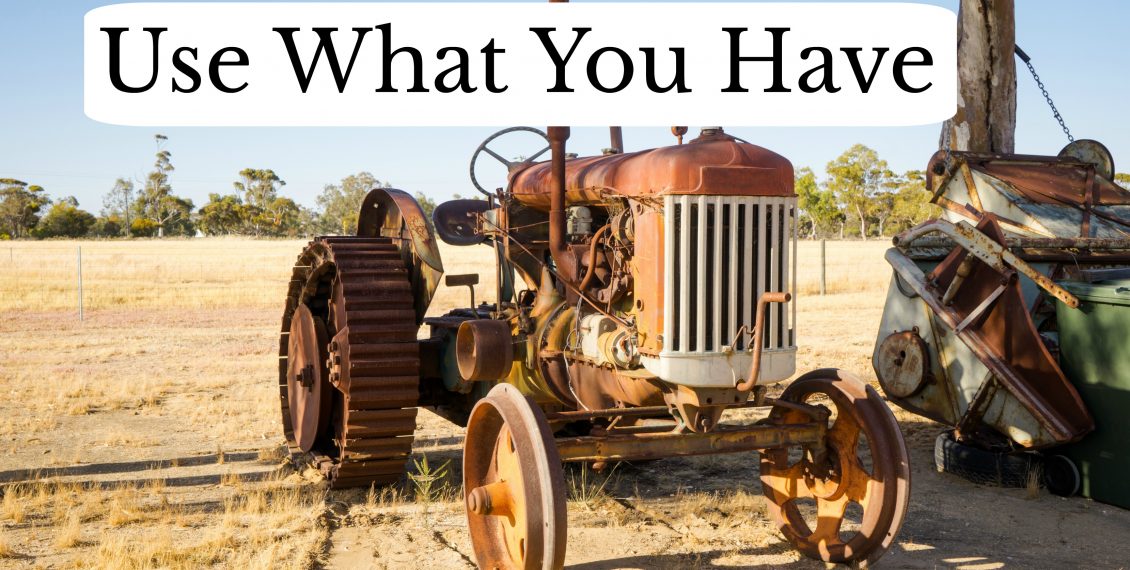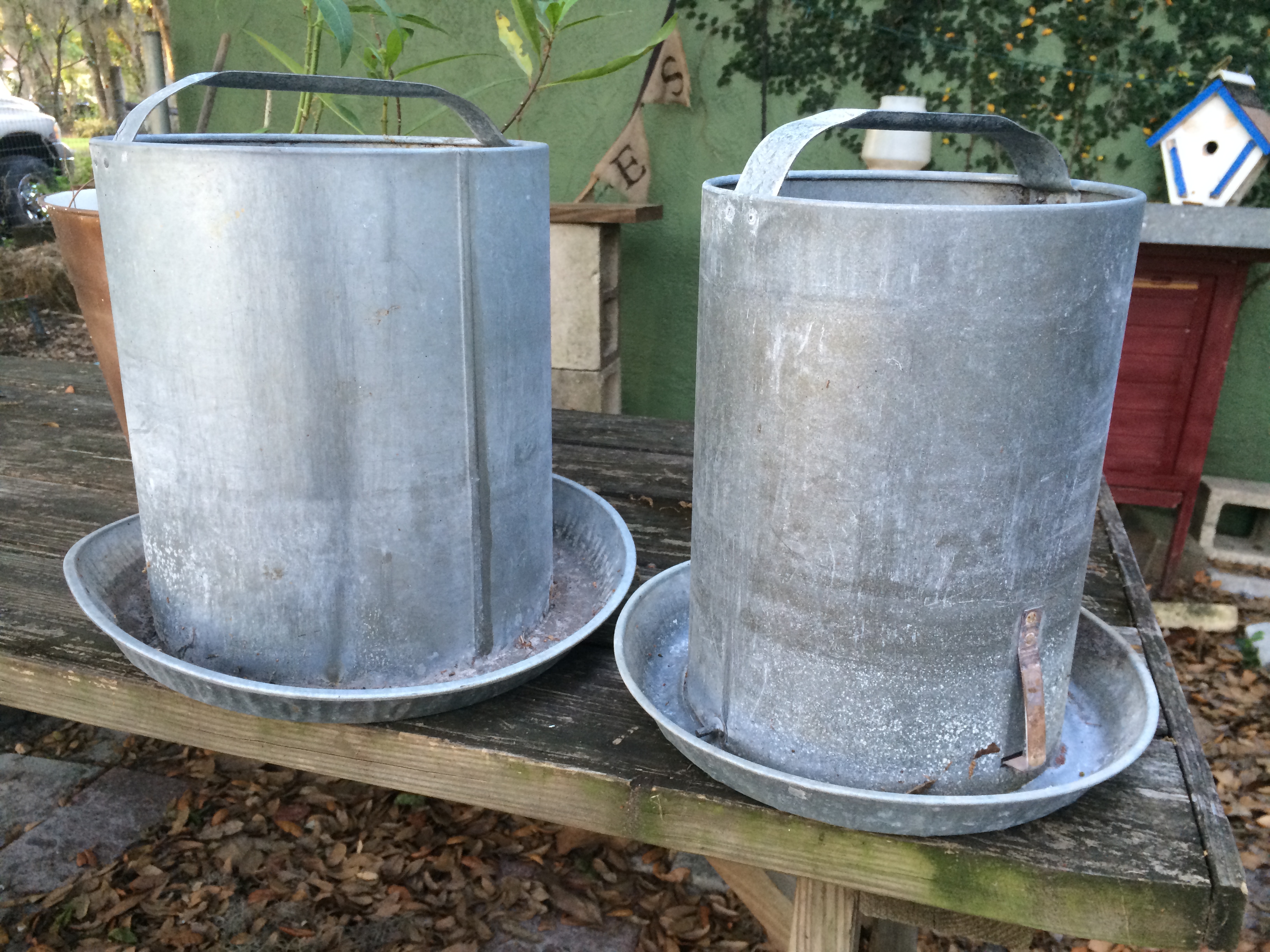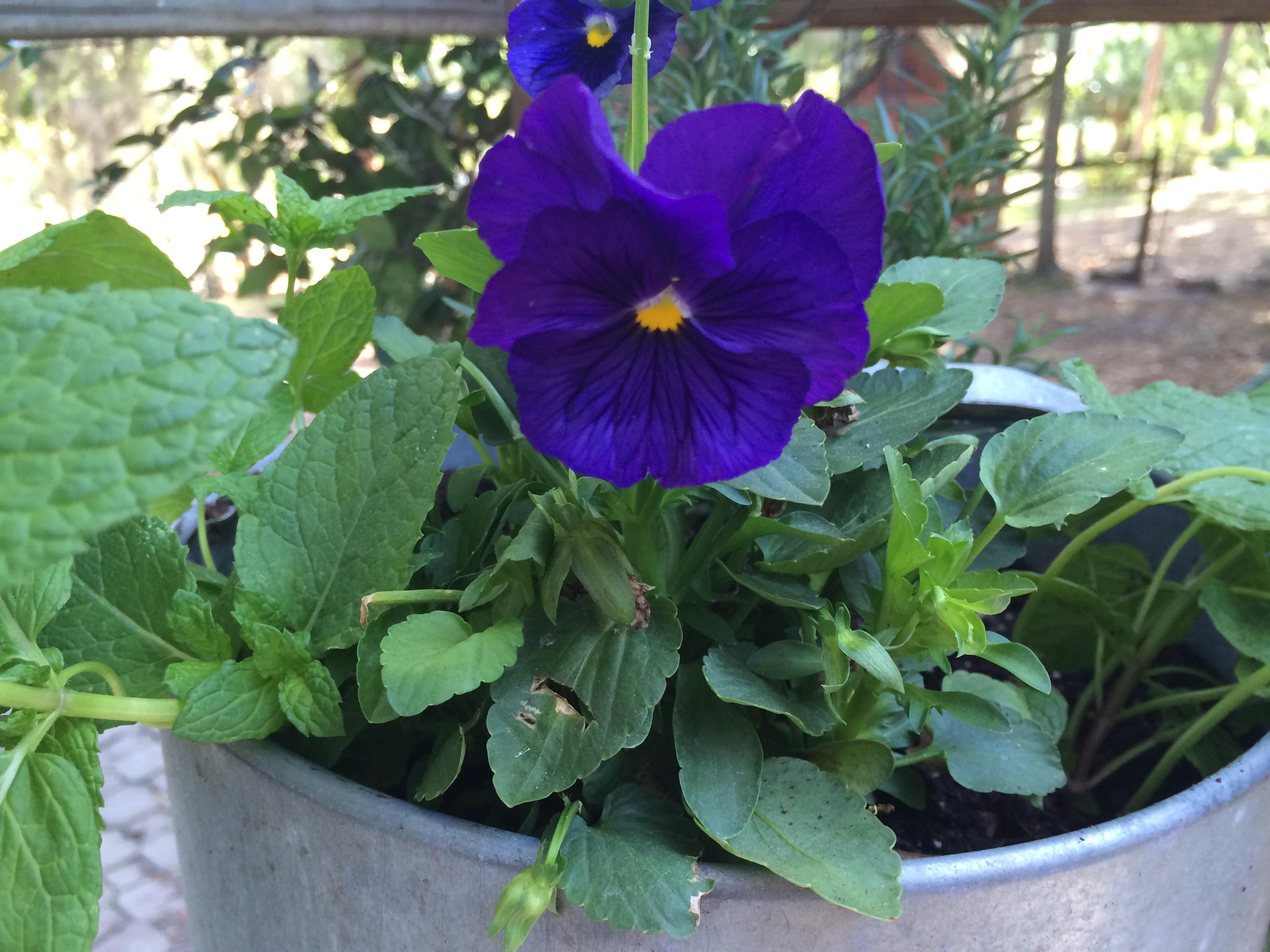
Pioneer Culture: Use What You Have
The third post in our series Pioneer Culture is considering a “use what you have” and what you have on hand to live daily life. Many of us would consider recycling a form of re-using, however, pioneers had a whole other culture of re-using most of what they had for another purpose.
We live in a modern-day “throw-it-away” society, don’t we? When it breaks, we throw it away and get a new one. Well, what if we learned how to fix it ourselves or took it to a repairman instead? Worse case, you could give it to your children to take apart and learn how it works or use the parts to make something else.
By today’s standards, you might have called both of my grandmothers hoarders. They were part of the depression era, where they learned to “make do” with what they had.
They were taught to be savers. Thrifty or Frugal, not spenders, and take care of what they did have. If they only owned one pair of shoes, they cleaned them each night to prepare for the next day. I don’t know about you, but I find shoes all over the place, and most of the time, they are missing their mate!
But it wasn’t like that in Laura’s childhood, especially, where they usually didn’t have much, but they made what they did have count and took care of everything. They were fantastic when it came to the “use what you have” attitude.
Using what you have today
How could you do this in your own life, and be more intentional about reusing what you have? The possibilities are endless!
Make a decoration or solve a problem with broken parts and pieces. My example is not life-changing but a fun way to look at re-using something broken. I repurposed my galvanized chicken waterer that quit working. If you were to look at it, it doesn’t look like it is good for anything if it can’t hold water, right? I took it apart, drilled holes in the bottom piece, filled it with rocks and dirt, and turned it into a flower planter for my back porch. It isn’t solving world problems but using what I have to make something useful again…just like Laura and her family did.

Save time in the kitchen
Next, let’s apply this concept to cooking, too. Unless we are on auto-dial take-out, we all have to cook if we want to eat. However, most of us can’t do it all the time because it is too expensive. Cooking can be elementary, but there are 100 ways and products to use for one job nowadays. Slow cookers, Instapots, rice cookers, pressure cookers, food processors, choppers, ninjas, and on, and on, and on.

Similarly, they look all shiny in the ads and in the store. And if you don’t love cooking, they can seem to take away the drudgery of it. But after a while, the gadgets take over the kitchen. So, you need a new kitchen or a bigger kitchen. In addition, there are so many tools to use you don’t know what to use, and half of it collect dust. Anybody? Or is it just me? Sometimes I think it might be better to step back for a moment and ask ourselves, “Do we really need ALL those kitchen gadgets?”
Bartering
Bartering is another thing that falls under this category. In Laura’s day, people didn’t have many physical possessions or much money. But that didn’t mean they couldn’t quote-unquote “buy” goods or services from other people in their communities. Families traded work, like barn raising or bringing in crops together. They used the opportunity of a neighbor’s helping hand and offered the same in return.
Could you do the same thing in your family? Do you have something you could exchange for something that a friend or a family member has? Maybe you could trade some of your books for a friend’s books that fit your needs better? Could you exchange some of your cooking gadgets for construction tools? Could you exchange a free day of babysitting for a haircut or maybe some tiny handyman tasks that you haven’t had time to accomplish yet or don’t know how to do?
When you barter, not only will you end up building relationships with others, but you’ll also be saving BOTH parties money while getting things done!
Read about our “use what you have” life.
